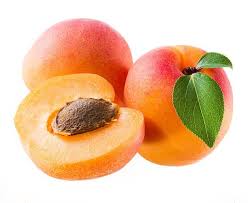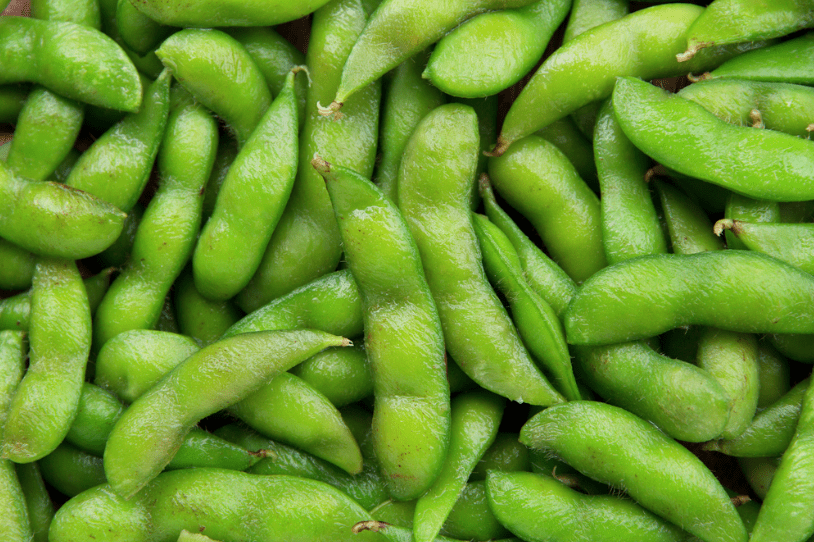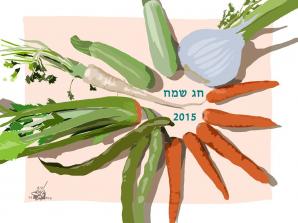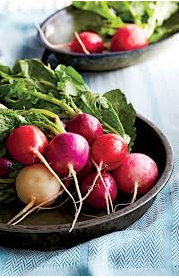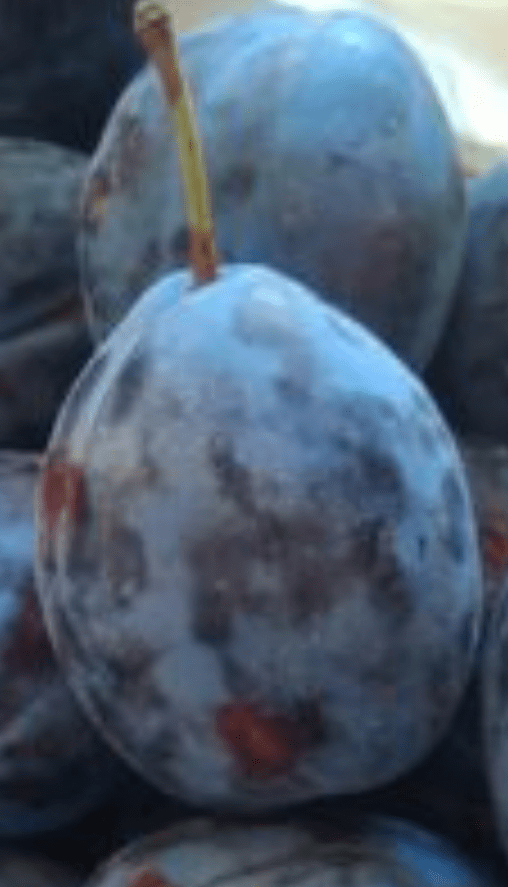The Arabic phrase "Bukra Phil Mishmish", mishmish meaning apricot, expresses a duration so short that it passes almost immediately, so you can not afford to miss it.
Something that comes and goes in a moment, like the apricot season, which shows up and disappears very quickly. This phrase is used when referring to something that will happen "tomorrow morning, in the apricot season," meaning that it will never happen because the described moment will be gone too quickly. In my opinion, in the same way, we can use the expression "Bukra Phil Loquat" or "Bukra Phil Cherry", but we we'll stick with the original. Well – the apricot season has opened. Prepare the gogos.
Like with many other organic fruits and vegetables at the beginning of their season (sometimes also at the end of the season), the first representatives arrived at our store, not much, just an amount that lasts for a day or two. The reason that the grower brings us a little bit at a time is that in organic agriculture the ripening times are natural, they are not imposed on the tree.
At first, at the beginning of the season, there is only a small amount of ripe produce, and the grower, who does not spray the tree with substances intended to ripen the entire crop at once so it is logistically convenient for him to collect it – waits patiently and picks only what is ripe. However, in the case of organic apricot, soon the remaining fruits on the tree will "catch up" and ripen, and then we'll have lots in the store.
Before it reached the Mediterranean, the apricot wandered throughout the world: it originates in the China region, roughly where it borders Russia. Spanish missionaries and "New World" settlers who sought a better life in the "new world" brought it to the shores of America. Most of the apricot now grows in Turkey. Every place on the globe gave it a different name.
In Latin, which is one of the first to mention it, there is reference to its short season. The name is praecoquus, that is, the fast "ripener". The English name for apricot is similar to the Russian name "Abrekos". In Spanish it is called albaricoquero. Apricots love the Mediterranean climate, which provides cold intervals that are not too long. The apricot is a deciduous trees, it loses its leaves in the winter so that the snow cannot not pile up and cause the tree to break under the weight.
However, when the weather goes "crazy", the crop may be significantly reduced: in years when there was not enough rain, the cold season was too short or winter or spring had hail or heat spells, the apricot harvest paid the price: There were less apricots and they were smaller. If there were not enough cold spells the tree could produce infertile flowers, or fewer fruit and distorted.
But perhaps the "Bukra Phil Mishmish" refers to its short season not only on the annual level, but on the longer time scale – because the apricot crop in Israel is reducing over the years. Partly because other crops are taking it's place (the pineapple, the kiwi and the mango have acquired a more respectable place in the Israeli shopping basket over the years, at the expense of other fruits that were here before them – like apricots, loquats and sabras). Perhaps the reason is that the population growth is not equal to the increase in the number of trees (ie the population of consumers is growing, and the amount of apricots cannot keep up), or the climate in Israel is becoming too hot for it and the potential planting areas are reduced.
On a more optimistic note – The organic apricot reminds me of a small sun.
The yellow-orange color occasionally with blushed cheeks comes from the presence of the phytochemical beta-carotene, which is a good source of vitamin A: Essential for the human body to strengthen the immune system, maintain normal vision, protect against heart disease and protect the skin from harmful sun radiation.
The short season and the abundance of fruit that comes with it bring creative solutions for storing and preserving apricots. First, eat fresh until you burst (keep the gogos!) from the rest you can make jams, cakes (goes great with cheesecakes, soon to come with Shavuot). They can also be dried in the sun and turned into leather.
Most importantly – "Bukra Phil Mishmish," eat it while its here.
To health!
Yours,
Maggie's Garden team
Forecast:
We can expect to receive in our organic vegetable baskets (draft only):
Lettuce
Tomatoes
Cucumbers
Potatoes
Parsley
Zucchini
Swiss chard
Turmeric
Cabbage
In the LARGE vegetable baskets also:
Pumpkin
Cilantro
Beets
In the organic fruit baskets:
Red grapefruit
Melon
Oranges
In the LARGE fruit baskets also:
Sweetie
Bananas

